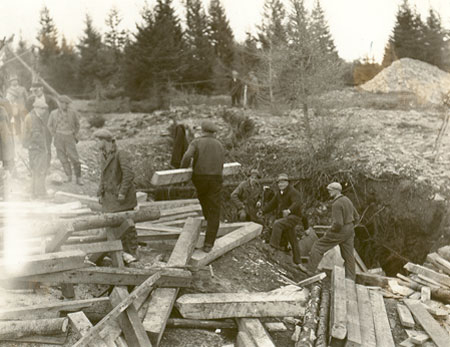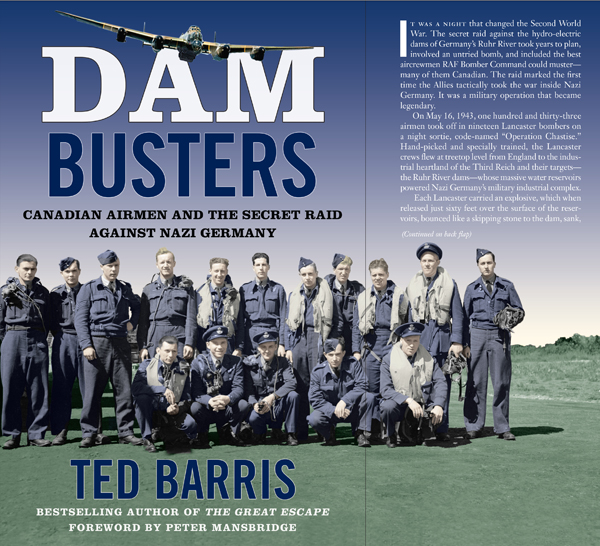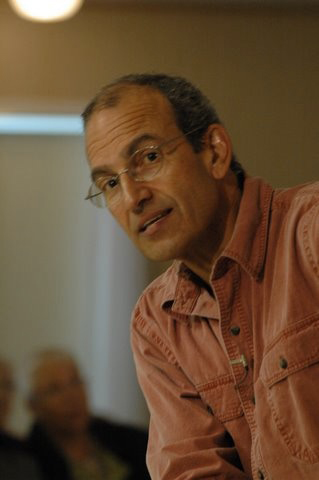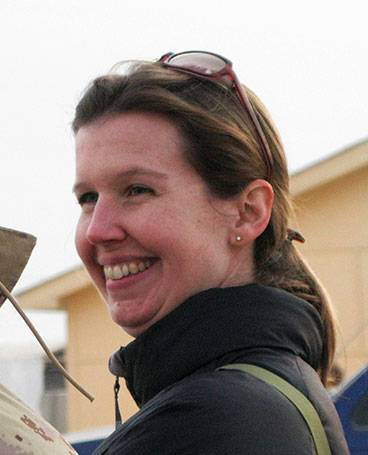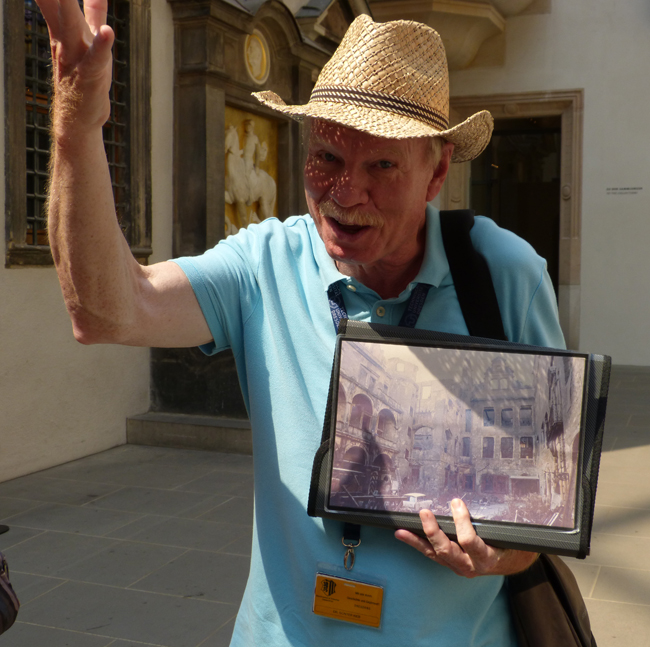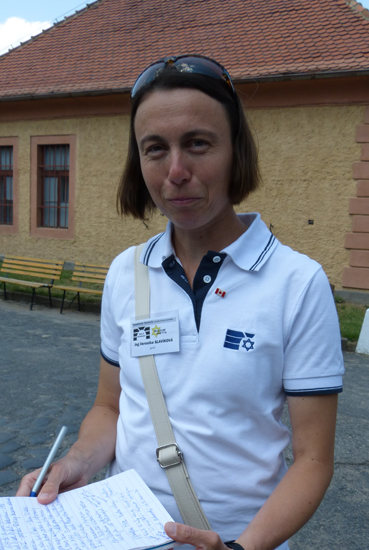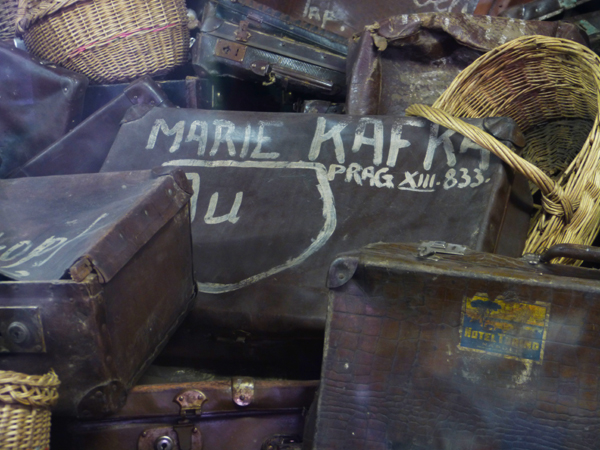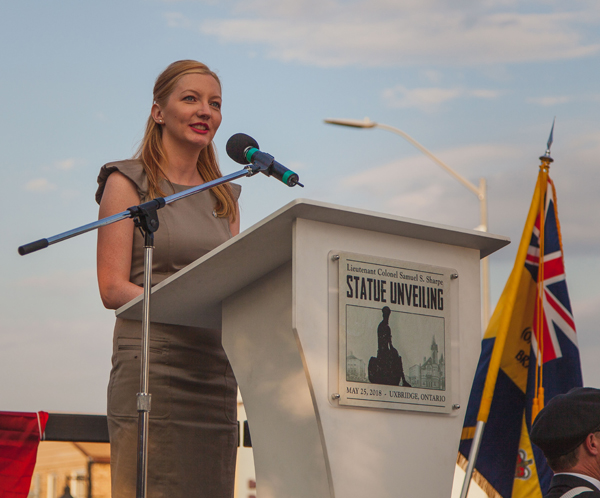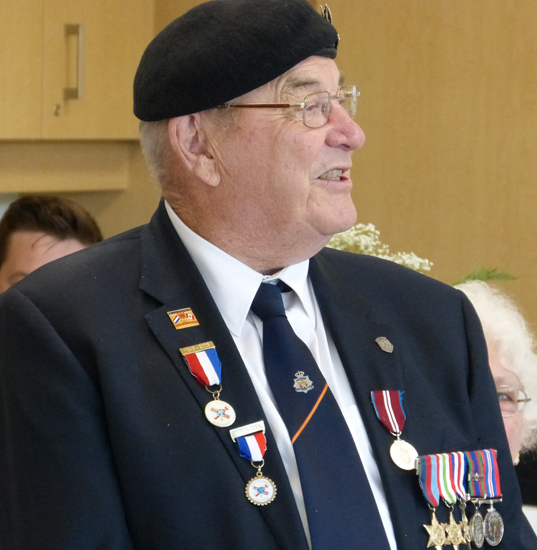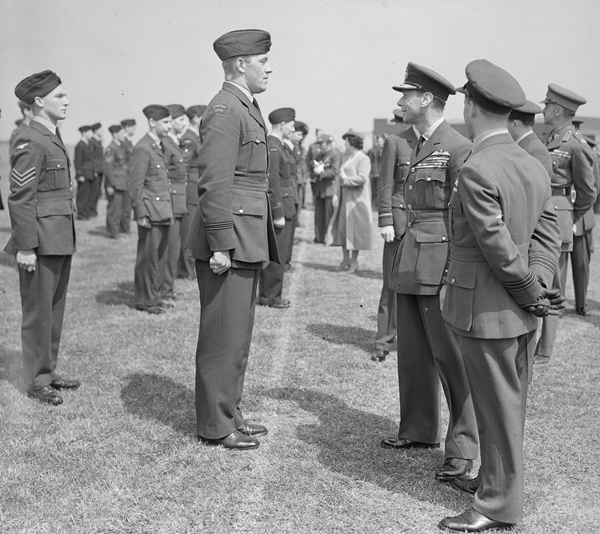 New this fall, Ted Barris releases his latest book – Dam Busters: Canadian Airmen and the Secret Raid against Nazi Germany – published by HarperCollins.
New this fall, Ted Barris releases his latest book – Dam Busters: Canadian Airmen and the Secret Raid against Nazi Germany – published by HarperCollins.
It was a night that changed the Second World War. The secret air raid against the hydroelectric dams of Germany’s Ruhr River took years to plan, involved an untried bomb, and included the best aircrewmen RAF Bomber Command could muster – many of them Canadian. The attack marked the first time the Allies tactically took the war inside Nazi Germany.
On May 16, 1943, 133 airmen took off in 19 Lancaster bombers on a night sortie, code-named Operation Chastise. Hand-picked and specially trained, the Lancaster crews flew at treetop level to the industrial heartland of the Third Reich and their targets – the Ruhr River dams – whose massive water reservoirs powered Nazi Germany’s military industrial complex.
Every one of the 133 airmen on the raid understood the odds of survival were low. Of the 19 bombers outbound, eight did not return. Operation Chastise cost the lives of 53 airmen, including 14 Canadians. Of the 16 RCAF men who survived, seven received military decorations. Dam Busters recounts the dramatic story of these Commonwealth bomber crews tasked with a high-risk mission against an enemy prepared to defend the Fatherland to the death.
 Ted Barris is an author, journalist and broadcaster, who has hosted regularly on CBC Radio and contributed to the National Post and Legion, Air Force and Zoomer magazines; he has authored 18 published, non-fiction books.
Ted Barris is an author, journalist and broadcaster, who has hosted regularly on CBC Radio and contributed to the National Post and Legion, Air Force and Zoomer magazines; he has authored 18 published, non-fiction books.
In 2011 he received the Veterans’ Affairs Commendation and in 2012 the Queen Elizabeth II Diamond Jubilee Medal. His book The Great Escape: A Canadian Story received the 2014 Libris Best Non-Fiction Book Award.
